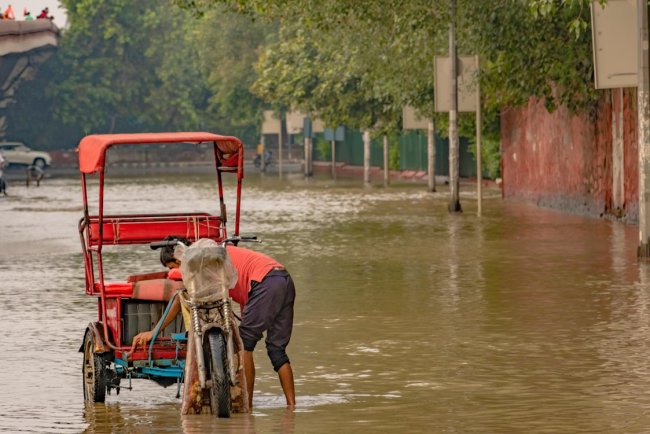India Advocates Equitable Ocean Governance at UN High Seas Treaty Summit
At the UNOC3 summit, India reaffirmed its support for the High Seas Treaty, calling for equity in ocean governance and fair benefit-sharing mechanisms for developing nations.India backs equitable implementation of the High Seas Treaty during the UNOC3 summit, urging fairness in ocean conservation efforts, marine resource sharing, and support for developing countries.

India reaffirmed its commitment to protecting marine biodiversity and promoting ocean equity during the third United Nations Ocean Conference (UNOC3). Addressing the global push to implement the High Seas Treaty, India emphasized the importance of inclusive ocean governance, aligning national priorities with international conservation goals while protecting the economic interests of developing nations.
The UNOC3 meeting marked a pivotal point in global ocean diplomacy as countries gathered to accelerate implementation of the High Seas Treaty, formally known as the Biodiversity Beyond National Jurisdiction (BBNJ) agreement. The treaty, adopted in 2023, aims to preserve marine biodiversity in areas beyond national jurisdictions—covering nearly two-thirds of the global ocean.
India’s delegation highlighted the importance of equitable benefit-sharing, especially regarding marine genetic resources and technological transfer. As a developing country with a significant coastal population dependent on marine ecosystems, India stressed that conservation efforts must go hand-in-hand with sustainable development. It advocated for financial and technical support mechanisms that do not disadvantage nations with fewer resources.
India also called for alignment between the High Seas Treaty and the United Nations Convention on the Law of the Sea (UNCLOS), emphasizing that the new regulations should not infringe upon existing sovereign rights over Exclusive Economic Zones (EEZs). The country supported balanced implementation that includes capacity-building, infrastructure support, and fair access to marine resources for research and commercial use.
At the conference, India reiterated its domestic efforts to conserve marine life, including the expansion of marine protected areas, ocean cleanup programs, and initiatives for sustainable coastal fisheries. These align with its commitment to SDG 14 (Life Below Water), part of the broader 2030 Sustainable Development Goals.
India’s position underscores growing concerns among the Global South about the impact of ocean treaties drafted primarily through the lens of the Global North. Countries with advanced maritime infrastructure stand to benefit disproportionately from bioprospecting and marine technology unless robust access and equity mechanisms are implemented.
With ocean health deteriorating due to overfishing, plastic pollution, and climate-induced acidification, international cooperation underpinned by fairness has become a central demand. The High Seas Treaty’s future success will depend on whether it can equitably serve both environmental objectives and the socio-economic needs of coastal communities across the world.
Conclusion
India’s active participation in UNOC3 highlights its dual commitment to ocean conservation and sustainable development. As the High Seas Treaty moves toward implementation, India’s focus on fairness, capacity building, and balanced governance could shape future negotiations and ensure that ocean protection efforts do not become exclusionary. The broader goal is a truly inclusive framework for global ocean stewardship.
Source:Outlook Business
What's Your Reaction?

















